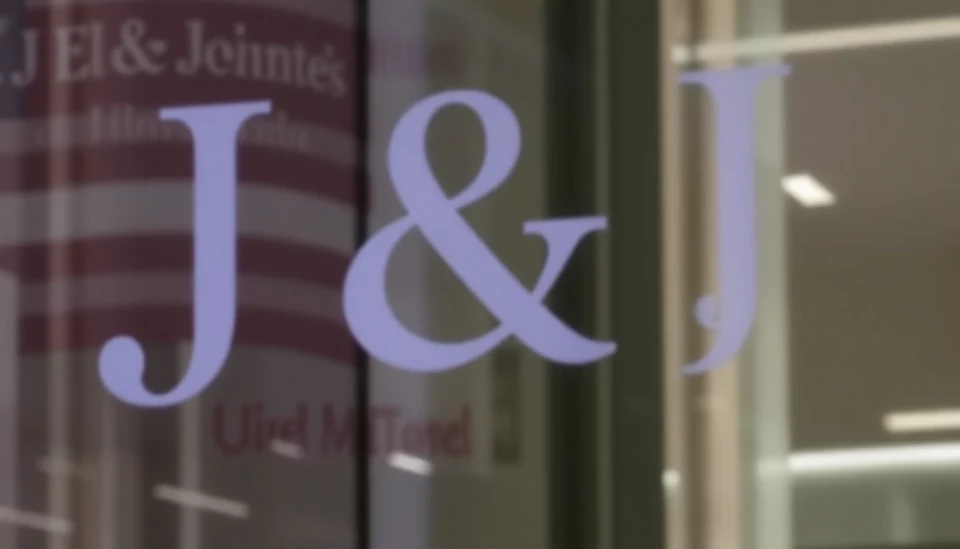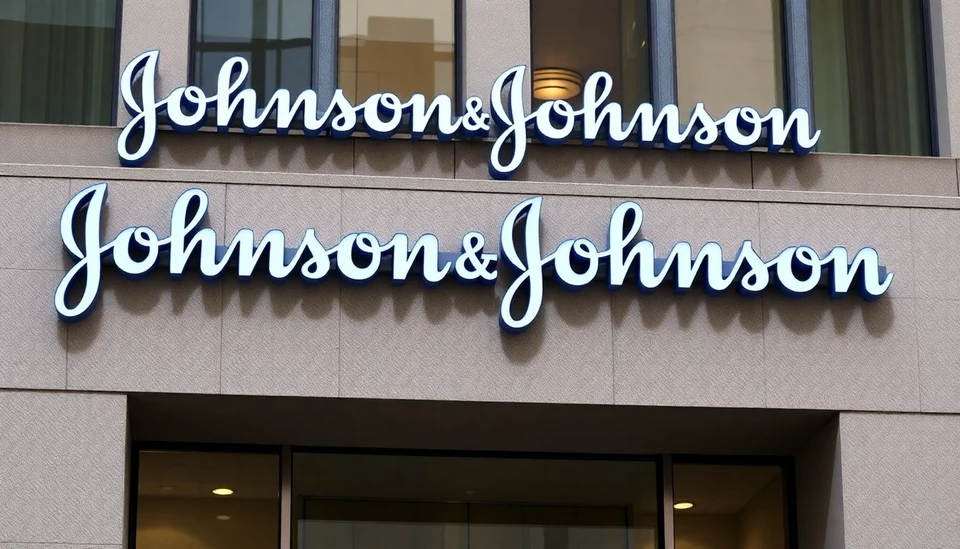
In a dramatic turn of events surrounding Johnson & Johnson’s (J&J) ongoing talc litigation, certain holdouts in a massive bankruptcy settlement have leveled serious accusations against the pharmaceutical giant. They claim that J&J has engaged in unethical practices aimed at swaying votes in favor of its proposed $8.9 billion settlement aimed at resolving thousands of claims related to its talc-based products.
The crux of the allegations involves accusations that J&J has attempted to purchase votes from creditors, specifically targeting those who oppose the agreement. Documentation presented to the court reveals that some of the dissenting parties allege that J&J provided financial incentives to various stakeholders to secure their support for the settlement. This move is seen as an attempt to silence critics and tip the scales in favor of the company's desire to finalize the settlement quickly.
The $8.9 billion settlement aims to address around 40,000 claims from individuals who have alleged that the use of J&J's talc products, such as baby powder, has resulted in life-threatening conditions, including cancers. Notably, the company has consistently denied these allegations, maintaining that its products are safe and do not cause harm. However, the financial figure involved in the settlement indicates the severity and volume of claims against the corporation.
As the case continues to unfold, legal experts are examining the ramifications of these allegations. If proven true, allegations of vote buying could undermine the legitimacy of the bankruptcy process and set significant precedents for corporate accountability in settlements involving mass tort claims. Participants in the legal community have voiced concerns that such behavior not only jeopardizes the current proceedings but may also deter potential future claimants from seeking justice.
J&J’s legal team has responded vehemently to the claims, characterizing them as unfounded and misleading. According to representatives from the company, the accusations are nothing more than a last-ditch effort by a minority of claimants who are resistant to the settlement framework that has been proposed. The company emphasizes that its negotiation processes were transparent and in adherence to legal ethics.
The U.S. bankruptcy court's decision regarding the allegations and the future of the settlement is awaited with bated breath. The proceedings are critical not only for the thousands of individuals seeking recompense but also for the future of corporate accountability in cases involving product liability and consumer safety. The outcome may well shape the landscape of corporate settlements and their interactions with bankruptcy law in the future.
As commentators and stakeholders alike remain focused on this developing situation, the underlying social and ethical implications of this case highlight the complexities of corporate governance, consumer rights, and the judicial process.
#JohnsonAndJohnson #TalcSettlement #LegalNews #CorporateEthics #ConsumerSafety #BankruptcyCourt
Author: Samuel Brooks




